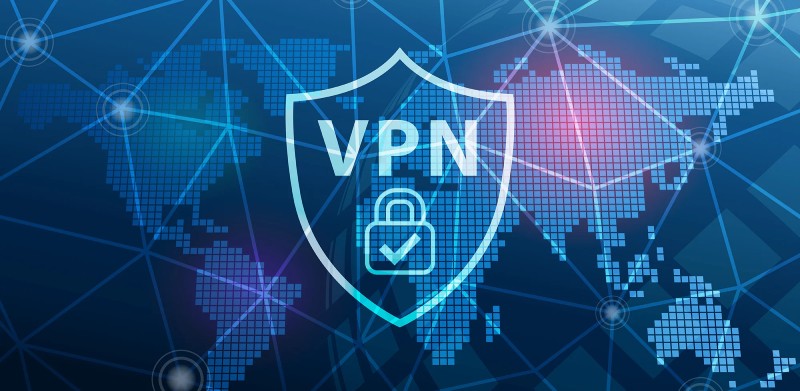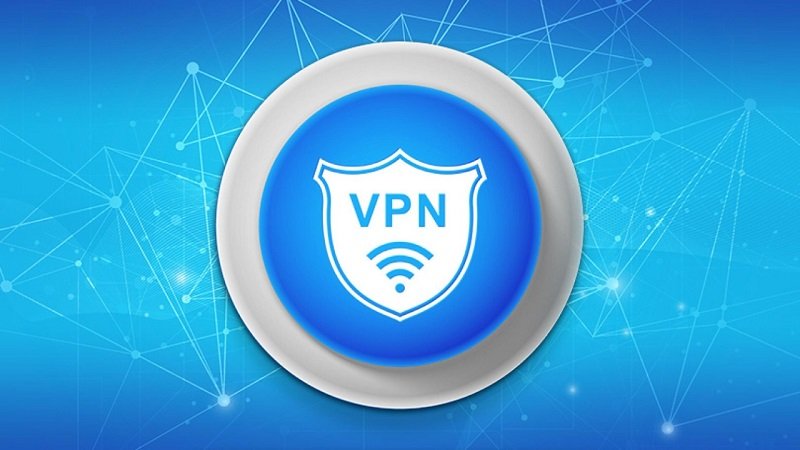Tech
Free VPN: Your Ultimate Guide to Safe and Secure Browsing

In today’s digital age, online privacy and security have become paramount. With cyber threats on the rise, using a Virtual Private Network (VPN) has become essential to protect your sensitive data and maintain anonymity while browsing the internet. In this comprehensive guide, we will delve into the world of free VPN, discussing their benefits, limitations, and how to choose the right one for your needs.
What is a VPN?
A Virtual Private Network (VPN) is a technology that establishes a secure and encrypted connection between your device and the internet. It acts as a protective tunnel, routing your internet traffic through a server in a different location, thereby hiding your IP address and encrypting your data from prying eyes.
The Advantages of Using a VPN
Protecting Your Online Privacy
In an era where online privacy is constantly under threat, a VPN offers a shield against potential cyberattacks and data breaches. By masking your IP address, a VPN ensures that your online activities remain private and anonymous, protecting your personal information from being tracked or monitored by hackers, advertisers, or even your Internet Service Provider (ISP).
Bypassing Geo-Restrictions
Certain websites and streaming platforms impose geographical restrictions, making content inaccessible to users in specific regions. With a VPN, you can virtually change your location and access geo-blocked content from anywhere in the world, unlocking a vast array of online content.
Secure Public Wi-Fi Connections
Public Wi-Fi networks are convenient but notoriously insecure. Cybercriminals often lurk on these networks, waiting to intercept data from unsuspecting users. By using a VPN on public Wi-Fi, you can encrypt your data, making it virtually impossible for hackers to steal your sensitive information.
Free VPN vs. Paid VPN: Pros and Cons
Advantages of Free VPNs
Free VPNs offer an enticing option for users who want to enjoy the benefits of VPN technology without spending a dime. Some advantages include:
- Cost Savings: As the name suggests, free VPNs don’t require any payment or subscription fees, making them an attractive choice for budget-conscious users.
- Ease of Use: Free VPNs often come with user-friendly interfaces, making them accessible to beginners who may be new to VPN technology.
Limitations of Free VPNs
While free VPNs offer benefits, they also come with some limitations:
- Limited Server Locations: Free VPNs usually have a limited number of servers, which may lead to slower connection speeds and restricted access to certain content.
- Data Caps: Many free VPNs impose data caps, limiting the amount of data you can use each month. This can be restrictive for users who engage in heavy online activities.
Why Opt for a Paid VPN?
Paid VPNs offer a premium service with more robust features and benefits. Some reasons to choose a paid VPN include:
- Enhanced Security: Paid VPNs often use stronger encryption protocols, providing better protection for your data and online activities.
- Faster Speeds: With a larger server network, paid VPNs usually offer faster and more reliable connection speeds.
- Customer Support: Paid VPNs often provide dedicated customer support to assist users with any technical issues.
How Do Free VPNs Work?
Free VPNs operate similarly to paid VPNs but may come with certain limitations:
Encryption Protocols
Most free VPNs offer basic encryption to protect your data, but they may not be as secure as the advanced encryption methods used by paid VPNs.
Server Locations
Free VPNs typically have a limited number of server locations, which may affect your browsing experience and access to geo-restricted content.
Data Limits and Speed
Many free VPNs impose data limits and throttle connection speeds once you reach a certain usage threshold.
Choosing the Right Free VPN
Selecting the right free VPN requires careful consideration. Here are some essential factors to keep in mind:
Researching VPN Providers
Thoroughly research different VPN providers, their reputation, and user feedback to ensure you choose a trustworthy and reliable service.
Reading User Reviews
Reading user reviews can provide valuable insights into the pros and cons of a particular free VPN service.
Verifying Privacy Policies
Always read the VPN provider’s privacy policy to understand how they handle your data and whether they log any information.
The Best Free VPNs in the Market
With numerous free VPNs available, here are some of the best options:
ExpressVPN
ExpressVPN offers a 30-day money-back guarantee, allowing you to try their premium service before committing to a subscription.
ProtonVPN
ProtonVPN provides unlimited bandwidth and is known for its strong focus on user privacy.
Windscribe
Windscribe offers a generous 10GB of free data per month and allows users to access servers in multiple countries.
Hotspot Shield
Hotspot Shield provides reliable and fast connections, ideal for streaming and browsing.
TunnelBear
TunnelBear is user-friendly and offers a free version with limited but sufficient data for casual users.
Conclusion
In conclusion, a free VPN can be a valuable tool to enhance your online privacy and security while accessing geo-restricted content. However, it’s crucial to consider the limitations of free VPNs and weigh them against the benefits they offer. For users seeking enhanced features and a seamless browsing experience, a paid VPN might be a more suitable option. Ultimately, your choice of VPN should align with your specific needs and online habits.
-

 Sports4 weeks ago
Sports4 weeks agoAl Ahly vs Inter Miami, 2025 FIFA Club World Cup – Preview, Prediction, Predicted Lineups and How to Watch
-
Health3 weeks ago
Back to Roots: Ayurveda Offers Natural Cure for Common Hair Woes
-

 Tech3 weeks ago
Tech3 weeks agoFrom Soil to Silicon: The Rise of Agriculture AI and Drone Innovations in 2025
-

 Startup4 weeks ago
Startup4 weeks agoHow Instagram Is Driving Global Social Media Marketing Trends
-

 Sports3 weeks ago
Sports3 weeks agoFIBA 3×3 World Cup 2025: Full Schedule, Preview, and How to Watch
-

 Science4 days ago
Science4 days agoJuly Full Moon 2025: Everything You Should Need to Know, When and Where to See Buck Moon
-

 Gadget3 weeks ago
Gadget3 weeks agoThings to Know about Samsung Galaxy S26: What’s New and What’s Next
-

 Sports4 weeks ago
Sports4 weeks agoWorld Judo Championships 2025: Full Schedule, Date, Time, Key Athletes and How to Watch


















